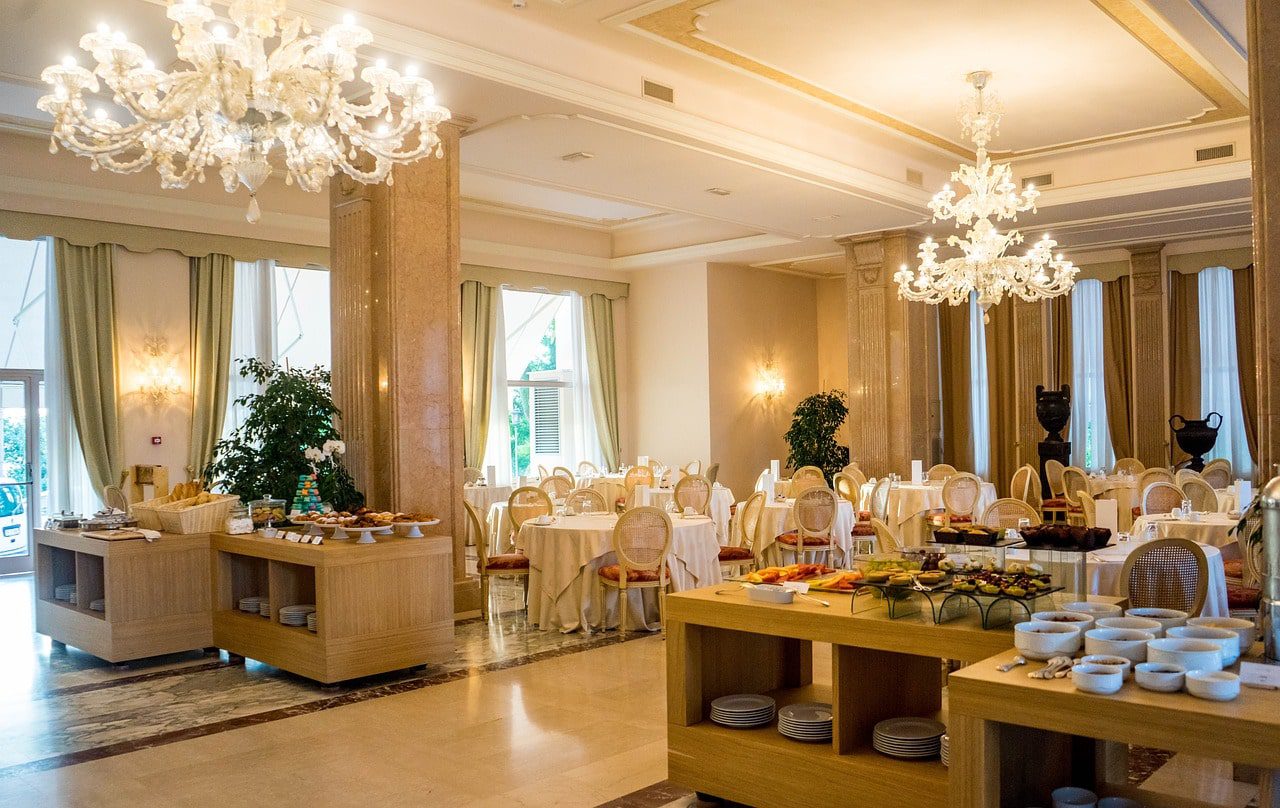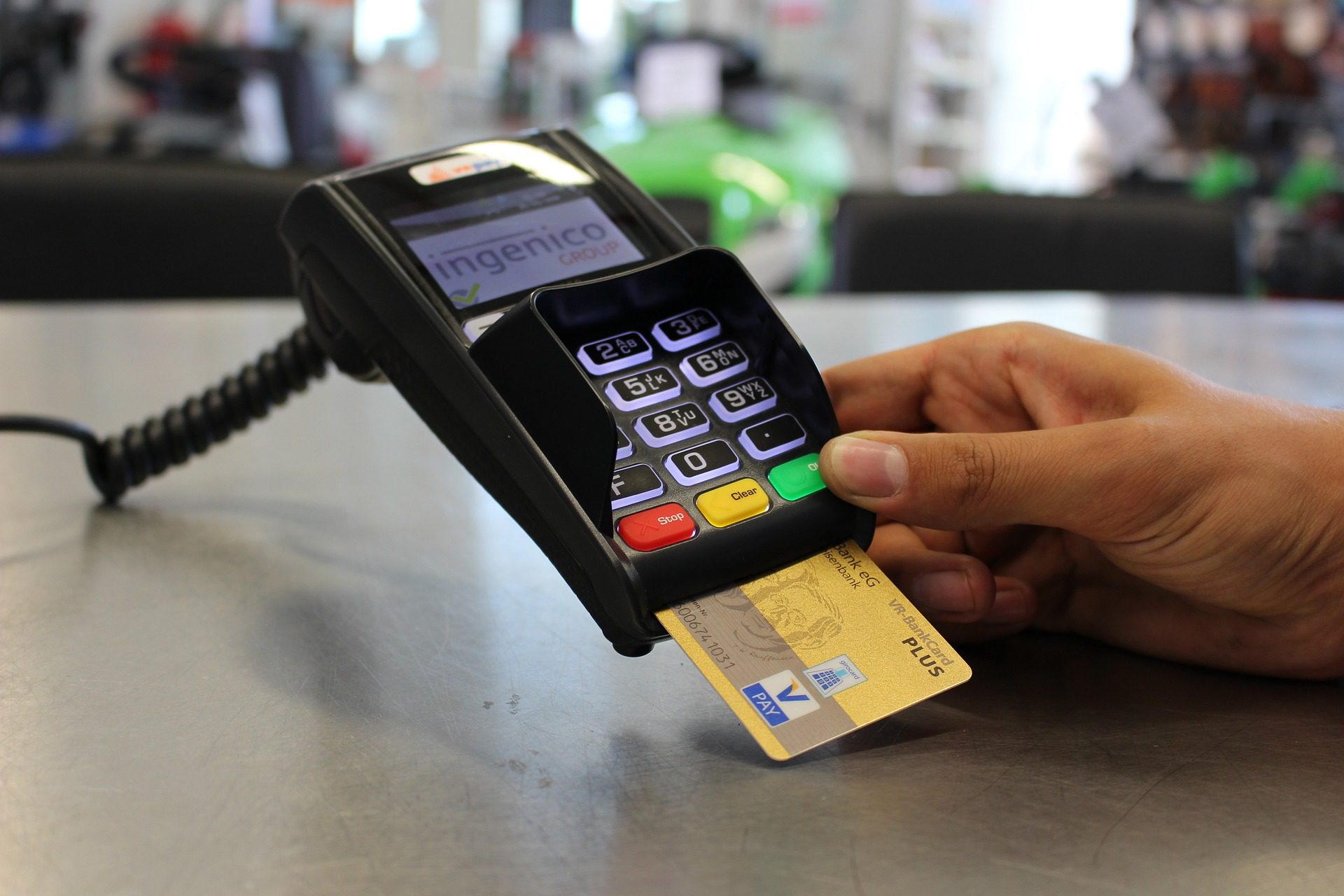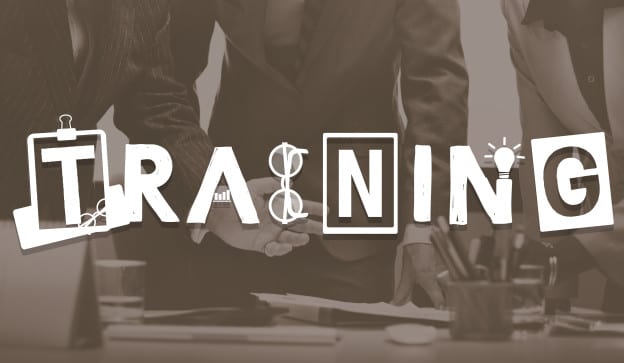The hospitality industry is fast-paced and over the last few years, it has faced many unprecedented financial challenges. In a world where the economic downturn has become the new normal, hospitality business owners, now more than ever, need to adopt the best practices and processes to effectively manage finances and make informed business decisions backed by financial data.
This guide will provide a comprehensive overview of key financial management aspects in the hospitality industry, including budgeting, auditing, financial tracking, and profit and loss reporting.
It will discuss the importance of each area and provide practical tips and strategies for effective financial management in the hospitality sector for hospitality professionals, managers, and owners who are involved in financial decision-making and want to improve their financial management practices.
4 best practices for hospitality financial management
Budgeting
Knowing how much money is coming in and out of your hospitality business is essential for success. For this reason, budgeting is a key skill and responsibility that all hospitality business owners should understand.
Budgeting is the process of calculating how much money your business has available to spend over a set period. This is often based on financial documents detailing the estimation of income and expenses over the period. Without an effective budgeting strategy, you may run out of money.
To create a business budget, you should utilise any existing data and identify patterns and trends. It is likely that seasons and calendar events have an impact on the performance of your hotel, pub, or restaurant and by analysing this information you can calculate budgets during high and low seasons.
Additionally, you can look for ways to cut costs and implement money-saving solutions to increase revenue and free up cash to be spent elsewhere in the business. This can be achieved by adapting, enhancing, and adjusting your products or services.
When budgeting, you should forecast for months or even years in advance. A budget oversees and plans for much more than just day-to-day operations and should protect you and your business during unforeseen circumstances and expected emergencies.
Auditing
The term auditing refers to a financial statement audit. A financial statement audit is the process of analysing an important financial document from a company such as a cash flow statement, income statement, or balance sheet. This is usually completed by a financial statement auditor whose objectives are to ensure reasonable assurance that a company is free from material misstatements due to fraud or error.
Auditing is important to provide credibility to a firm and shareholders with confidence that accounts and business performance are true and reliable. Furthermore, auditing improves the credit rating of a business, boosts productivity in operations, and can attract additional stakeholders.
Through this process, auditors can help businesses in the hospitality industry monitor and utilise data including expenses, occupancy rates, and revenue, ensure the company is compliant with regulatory requirements, and identify areas of improvement to allow the business to grow.
Financial tracking
Financial tracking is the practice of analysing spending on a daily basis. This can be achieved by recording receipts, invoices, and business expenses. This process enables you to understand your spending, identify where you can cut costs, and monitor how much of your budget is being spent over time.
This information is typically recorded using accounting software to help hotels and hospitality businesses manage their budget effectively, track income and expenses, create financial reports, and analyse the overall financial performance.
A detailed financial tracking model will consider and include everything from payroll and property maintenance to energy and revenue. This is an effective way of capturing and tracking expenses to improve financial management in a business.
Profit and loss reporting
A hotel income statement, also known as a profit and loss statement, tracks a business’s revenue and expenses to calculate how much profit was earned over a particular period. A profit and loss report for a hotel, restaurant, or other hospitality business should include net sales, cost of goods sold, gross margin, operating expense, and net profit.
Each entry on a profit and loss statement will provide insight into how much money a company has made and spent over that period. This report is then used to assess the operational efficiency of a business and provide shareholders, creditors, and investors with an understanding of how a company manages its resources.
A profit and loss statement is an indicator of a company’s health and is one of the primary documents that will need to be provided when applying for loans or funding.
Financial Management in Hospitality FAQs
What is financial management in the hospitality industry?
Financial planning in the hospitality industry is the process of planning and organizing financial activities and operations of a business. This can be achieved by budgeting, auditing, financial tracking, and profit and loss reporting.
Why is financial management important to hospitality organizations?
Financial management is essential to hospitality organizations for success, growth, and expansion. By carefully monitoring their finances and expenditures, hospitality organisations can achieve their business goals and make informed decisions for the future.
What do you do in hospitality management?
Hospitality management involves overseeing all tasks of managing a hospitality business. This can include but is not limited to overseeing the day-to-day administrative, operational, and commercial activities of the business.
Stewart Hindley UK Hotel Finance and Hospitality Finance Specialists
At Stewart Hindley, we specialise in hotel finance to accelerate the success of your hospitality business. Financing a hotel is often a challenge but the good news is that we can help.
Whether you are new to trade or a first-time buyer with no track record, our specialists with over 20 years of industry experience have established relationships with lenders who will consider new-to-trade hotel operators.
With a proven track record in securing hotel finance for businesses in England, Scotland, Wales and Northern Ireland, we will find the right mortgage for you.
Our processes are clear, and we will help you every step of the way from advising what information you need to provide to liaising with lenders on your behalf.
For more information, get in touch with a member of the friendly team today.












